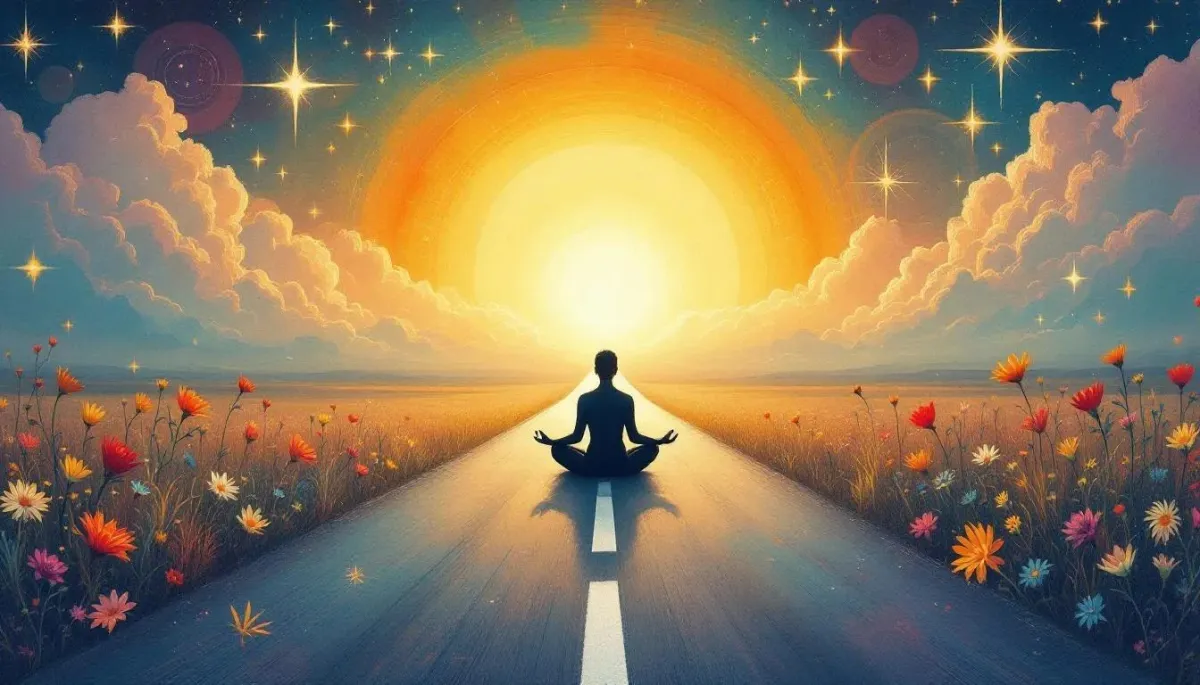Call Us On (877)-585-0677 To Speak To An Expert Today!
Autosexuality: When Self-Desire Is Real… And When It’s a Warning Sign
The truth about self-directed arousal, emotional avoidance, and how to know what’s really going on.
A Necessary Disclaimer
Autosexuality is not a medical disorder. It’s an identity some people embrace to describe being sexually attracted to themselves. For some, it’s empowering and liberating. For others, it raises questions about intimacy, connection, and whether self-focused sexuality is masking deeper pain. Like all aspects of human sexuality, context is everything.

1. What Is Autosexuality, Really?
Autosexuality is the experience of feeling a stronger sexual attraction to yourself than to other people. It’s not about narcissism. It’s not a meme. It’s not a joke. It’s a term that has largely evolved online to describe a real—though often misunderstood—orientation that lives somewhere between empowerment and protection.
People who identify as autosexual may find deeper, more reliable sexual satisfaction through self-pleasure, masturbation, or fantasy involving their own body—sometimes to the exclusion of partnered intimacy.
To be clear:
🟩 Autosexuality isn’t “just someone who likes masturbating.”
🟩 It isn’t “being too into yourself to love anyone else.”
It can reflect:
A genuine sexual orientation
A learned behavior
Or a response to pain, shame, and unmet emotional needs
Like many emerging identity labels, it’s not a medical diagnosis. But it does give language to an experience some people say feels deeply authentic.

2. The Three A’s: Autosexual, Autoromantic, Autoerotic
Most people confuse autosexuality with either being romantically in love with themselves or simply masturbating a lot.
Autosexual → Someone who experiences primary sexual attraction to themselves.
Autoromantic → Someone who feels romantic love for themselves (they “date themselves”).
Autoerotic → Anyone who engages in self-pleasure, especially through fantasy or masturbation. This is behavior, not identity.

3. Identity or Adaptation?
Here’s the tricky part:
Some people identify as autosexual because that’s simply how they’re wired.
Others adopt self-focused sexuality as a protective adaptation—often after rejection, trauma, or shame in intimacy.
That “closed loop” of arousal feels safe, predictable, and controllable. But it can also keep people isolated.
This doesn’t mean autosexuality is “bad” or “wrong.” It means context matters. Is it an empowering identity—or a shield against vulnerability?

4. Healthy Autosexuality vs. Coping Mechanism
Autosexuality, like any orientation or pattern, can show up as empowering… or as protective armor.

Autosexuality, like any orientation or pattern, can show up as empowering… or as protective armor.

5. Trauma, Shame, and Porn
For some, self-focused arousal may be linked to rejection, shame, or early sexual experiences. Add the dopamine-fueled patterns of porn use, and the brain can reinforce the idea that “I am the only safe person to be intimate with.”
That doesn’t mean you’re broken—it means you built a survival system. But survival systems don’t always serve us long-term.

6. Relationship Challenges
Autosexuality doesn’t mean someone can’t love others—but it can complicate intimacy. A partner may feel shut out if self-desire consistently overrides desire for them.
Communication and vulnerability are the antidotes. The danger isn’t in self-pleasure—it’s in secrecy, shame, or avoidance.
7. The Myths You Must Unlearn
❌ Myth: It’s just narcissism.
✅ Truth: Narcissism is about ego and control. Autosexuality is about arousal orientation.
❌ Myth: You’re selfish.
✅ Truth: Many autosexual people crave connection—it just feels safer inward.
❌ Myth: It means you’re asexual.
✅ Truth: Asexuality is a lack of attraction. Autosexuality is attraction to self.

8. 5 Reflection Questions
Do I feel emotionally safer alone than with others?
Do I fantasize more about myself than other people?
Does partnered intimacy feel unsafe or uncomfortable?
Am I aroused by control more than vulnerability?
Do I trust myself—but not others—with my pleasure?
These aren’t diagnostic questions. They’re invitations to reflect.
9. Final Thoughts: You’re Not Broken—But You Might Be Numb
If you’ve read this far, chances are… you’re not confused.
You’re curious.
You’re ready to understand yourself.
Let me be clear:
You’re not broken.
You’re not defective.
You’re not too far gone.
But you might be numb.
You might be stuck in a loop of self-directed pleasure that’s keeping you from the intimacy, connection, and healing your nervous system actually wants.
Let’s Do the Real Work Together
I’ve helped thousands of men around the world get out of shame, stop spinning in compulsive loops, and reclaim their power—not by destroying their sexuality…
…but by leading it.
Let’s talk. Zero pressure. Total honesty. The work starts here.
References & Resources
Healthline: What Does Autosexual Mean? https://www.healthline.com/health/autosexual
Medical News Today: Autosexuality
Verywell Mind: What It Means to Be Autosexual - https://www.verywellmind.com/what-it-means-to-be-autosexual-7482446
Quick Links
Call Us To Schedule Your Appointment:
Copyright @ 2026. The Mindful Habit® System | All Rights Reserved


